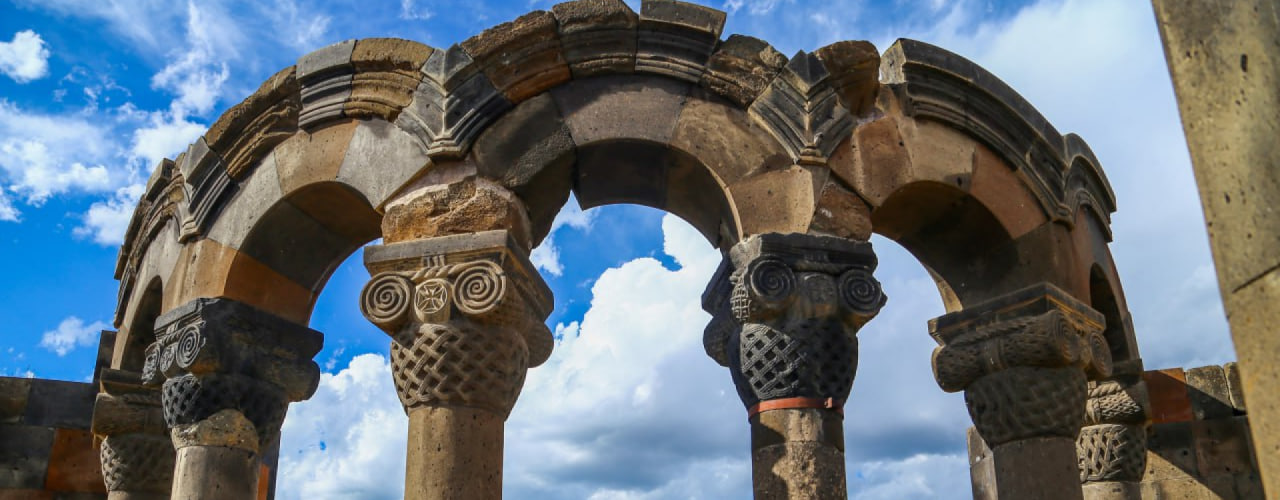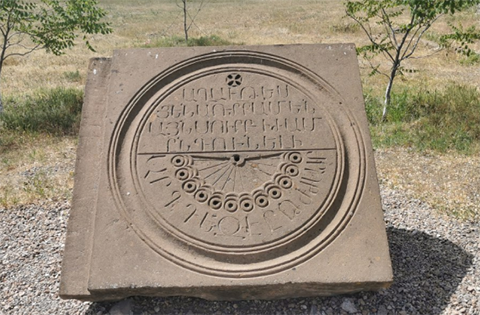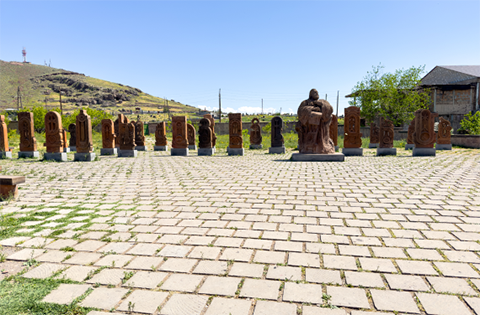BBC delves into the profound significance of the Armenian alphabet, which was created in the 5th century by Mesrop Mashtots, and its enduring impact on Armenian identity. It explores how the development of the alphabet was not merely a linguistic endeavor but also a vital element in the preservation and promotion of Armenian culture, language, and heritage. By providing Armenians with a distinct written form, the alphabet served as a unifying force, fostering a sense of collective identity and cultural pride among the Armenian people. Throughout history, the Armenian alphabet has withstood various challenges, including invasions, occupations, and attempts at assimilation. Despite these adversities, it has remained a symbol of resilience and cultural endurance, enabling Armenians to maintain their linguistic and cultural distinctiveness. The role of the alphabet is immense in facilitating communication, education, and the transmission of knowledge, with this contributing to the flourishing of Armenian literature, religious texts, and intellectual discourse. For centuries, people have been trying to understand the mystic nature of the Armenian alphabet, which is believed by some to possess divine origins. Legends and folklore surrounding its creation imbue the alphabet with a sense of mysticism and spiritual significance. The unique shapes and forms of the letters are often interpreted symbolically, reflecting cosmic principles, divine attributes, and mystical concepts. This mystic dimension adds depth and richness to the cultural and religious significance of the alphabet, further reinforcing its role as a sacred and revered symbol of Armenian identity.
Furthermore, the article discusses the significance of the alphabet in shaping Armenian religious traditions, particularly through the translation of sacred texts and the dissemination of Christian doctrine. The Armenian alphabet not only enabled the preservation of religious scriptures but also facilitated the spread of Christianity throughout the region, contributing to the establishment of Armenia as one of the world's oldest Christian nations.
Overall, the article emphasizes the enduring legacy of the Armenian alphabet as a cornerstone of Armenian identity, resilience, and cultural heritage. It underscores the importance of preserving and celebrating this linguistic treasure as a testament to the rich and vibrant history of the Armenian people, as well as its mystical and spiritual significance.
For details, go through the link.
https://www.bbc.com/travel/article/20240208-how-a-1600-year-old-alphabet-shaped-armenian-identity









